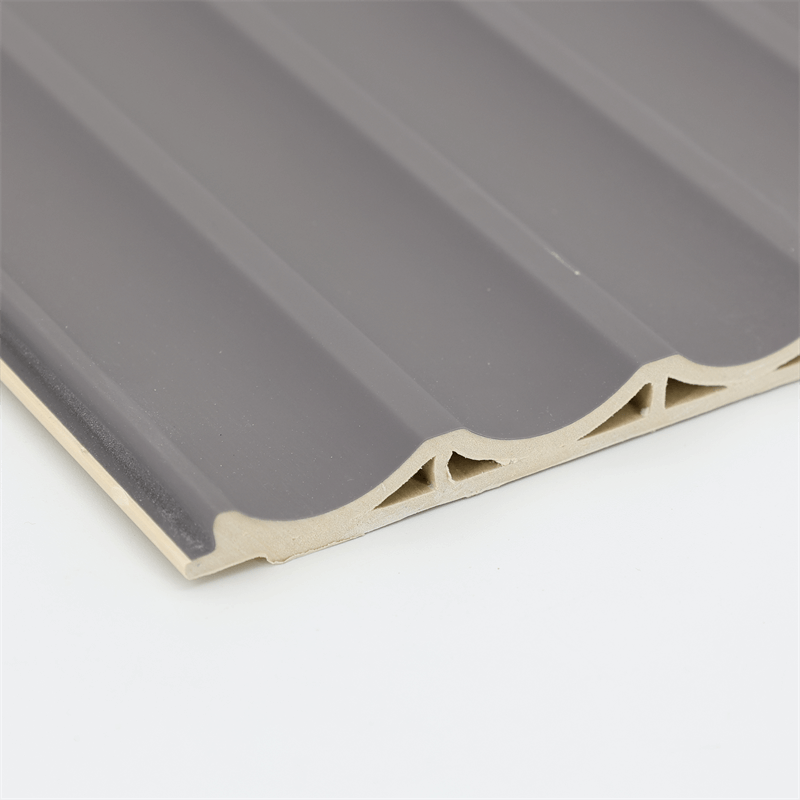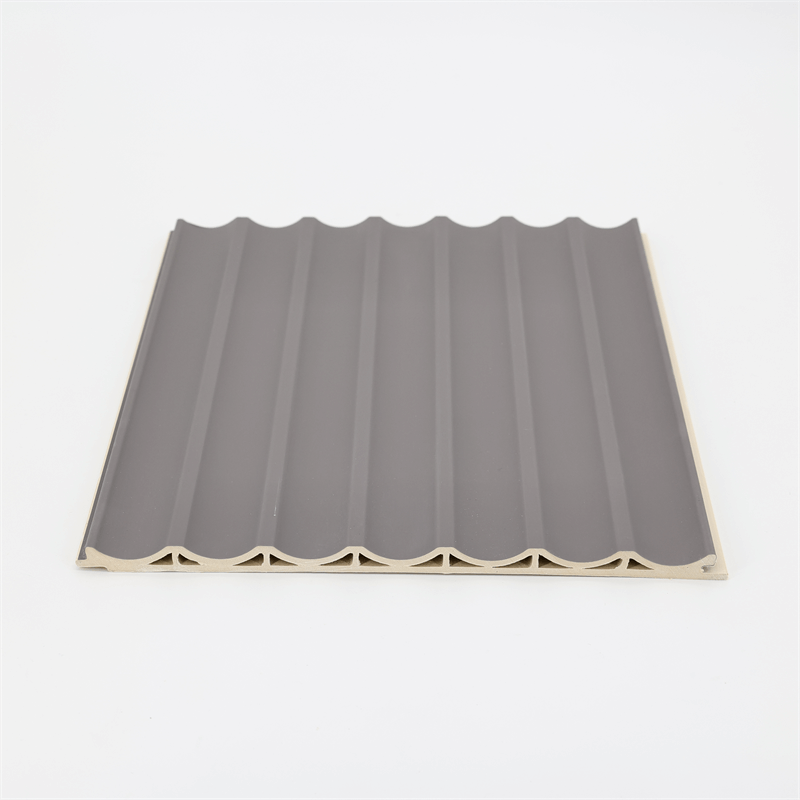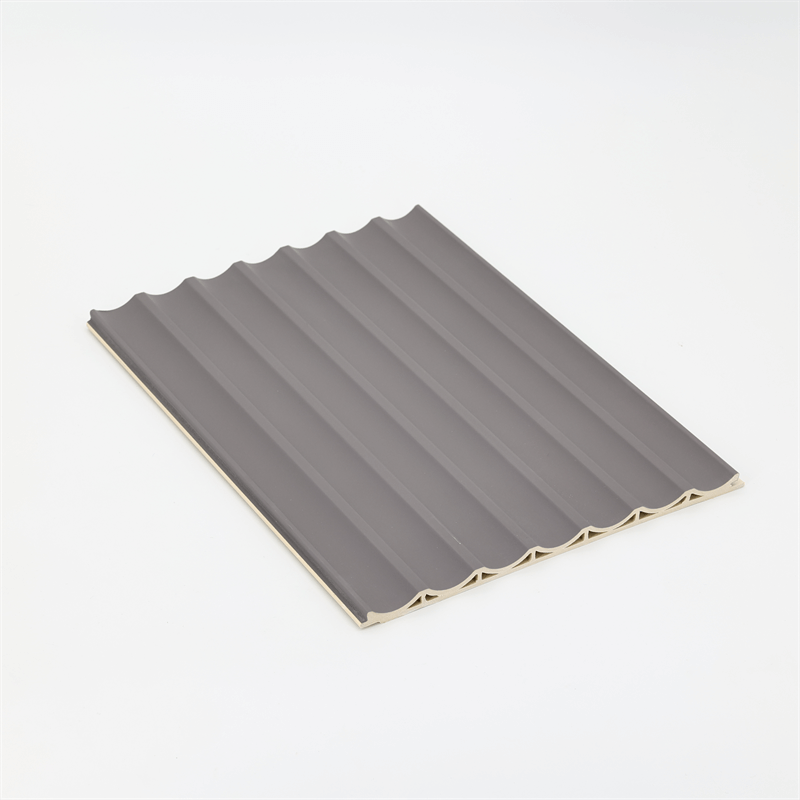Office interiors play a crucial role in shaping the overall atmosphere and functionality of workspaces.
In today’s fast-paced business environment, creating modern and stylish office interiors has become a priority for organizations looking to attract top talent and foster a productive and engaging work environment.
Wood-Plastic Composite (WPC) wall panels have emerged as a versatile and innovative solution in office design.
This essay explores the role of WPC wall panels in creating modern and stylish office interiors, highlighting their impact on aesthetics, functionality, sustainability, and employee well-being.
I. Aesthetics and Design Possibilities:
WPC wall panels offer a wide range of design possibilities that can transform office interiors into modern and visually appealing spaces.
With their natural wood-like appearance, WPC panels bring warmth, texture, and sophistication to the office environment.
These panels are available in various colors, patterns, and finishes, allowing for customization to match the desired aesthetic style and brand identity of the organization.
Moreover, WPC panels can be easily molded and shaped into different profiles, providing architects and designers with creative flexibility.
Whether it’s a sleek and minimalist design or a more organic and nature-inspired concept, WPC panels can be adapted to suit the desired ambiance and visual language of the office space.
The availability of accessories such as trims and moldings further enhances the seamless and polished look of the installation.
II. Functionality and Practicality:
In addition to their aesthetic appeal, WPC wall panels offer functional benefits that contribute to the efficiency and practicality of office interiors.
These panels are lightweight, making them easy to handle and install.
Their modular nature allows for quick and hassle-free installation, minimizing disruption to the work environment during renovation or construction.
WPC panels also have excellent acoustic properties, reducing noise transmission within the office.
This is particularly beneficial in open-plan office layouts where noise can be a distraction and impact productivity.
By incorporating WPC wall panels, organizations can create a quieter and more focused work environment.
Furthermore, WPC panels are resistant to moisture, stains, and scratches, making them suitable for high-traffic areas such as reception areas, corridors, and conference rooms.
Their durability ensures that the office interiors maintain their aesthetic appeal even with constant use and minimal maintenance requirements.
III. Sustainability and Environmental Considerations:
Creating modern office interiors goes beyond aesthetics and functionality; it also involves considering the environmental impact of the materials used.
WPC wall panels offer a sustainable choice for office design.
They are composed of recycled wood fibers and plastic, reducing the demand for virgin materials and contributing to the conservation of natural resources.
Additionally, the production process of WPC panels consumes less energy compared to traditional wall cladding materials.
By choosing WPC, organizations can reduce their carbon footprint and contribute to sustainable building practices.
Furthermore, WPC panels are recyclable at the end of their lifespan, ensuring that they can be repurposed rather than ending up in landfills.
This closed-loop approach to material use aligns with the principles of circular economy and demonstrates a commitment to environmental responsibility.
IV. Employee Well-being and Productivity:
Modern office interiors strive to create spaces that promote employee well-being, engagement, and productivity.
WPC wall panels can play a significant role in achieving these goals.
The natural warmth and texture of WPC panels create a welcoming and comfortable environment, helping to reduce stress and enhance employee satisfaction.
Moreover, the acoustic properties of WPC panels contribute to a quieter and more focused work environment, improving concentration and productivity.
By reducing noise distractions, organizations can create spaces that facilitate collaboration and deep work.
Furthermore, the sustainability aspect of WPC panels resonates with employees who prioritize eco-conscious practices.
A sustainable and environmentally friendly office design can boost employee morale and contribute to a positive company culture.

WPC wall panels offer a valuable solution in creating modern and stylish office interiors.
Their aesthetic appeal, design versatility, functionality, sustainability, and impact on employee well-being make them a popular choice among architects, designers, and organizations aiming to create visually striking, efficient, and environmentally responsible workspaces.
By incorporating WPC panels into office interiors, organizations can achieve a balance between aesthetics and functionality, creating a welcoming and inspiring environment for employees.
The versatility of WPC panels allows for customization and creative expression, ensuring that the office interiors reflect the organization’s brand and culture.
Furthermore, the sustainability aspect of WPC panels aligns with the growing focus on eco-friendly practices in the business world.
By choosing WPC, organizations can demonstrate their commitment to environmental responsibility and contribute to a more sustainable future.
In conclusion, WPC wall panels play a crucial role in creating modern and stylish office interiors.
Their impact on aesthetics, functionality, sustainability, and employee well-being positions them as a valuable material choice for organizations seeking to enhance their workspaces.
As the demand for contemporary and sustainable office design continues to grow, WPC panels are poised to shape the future of office interiors, creating spaces that are visually stunning, practical, and conducive to productivity and employee satisfaction.


